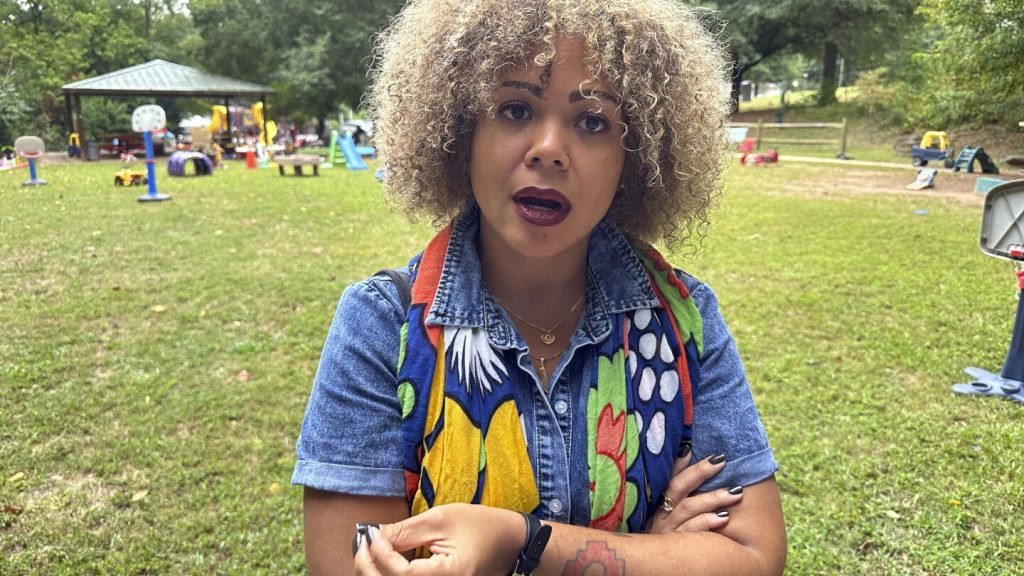Georgia’s Supreme Court ruled that presidential candidates Cornel West and Claudia De la Cruz are not qualified to be on the state’s ballots, and votes for them should not count. The court determined that West and De la Cruz failed to meet the qualifications as their presidential electors did not each submit a separate petition with the required 7,500 signatures. Despite this ruling, the names of both candidates will still appear on Georgia’s ballots, but votes for them will not be counted. The decision was met with criticism from West and De la Cruz, who accused the Democratic Party lawyers and the Republican-majority Supreme Court of working together to suppress democracy.
Both West and De la Cruz qualified as independents in Georgia, with De la Cruz being the nominee of the Party for Socialism and Liberation. While their names will remain on the ballots, Secretary of State Brad Raffensperger’s spokesperson stated that votes for them will not be counted due to the disqualifications. The ruling will leave Georgia voters with a choice of four presidential candidates, including Vice President Kamala Harris, Donald Trump, Chase Oliver, and Jill Stein. This will be the most number of candidates on Georgia’s ballots since 2000, as Democrats, Republicans, and Libertarians automatically qualify for elections in the state.
The court affirmed the decisions of two lower court judges who overturned Raffensperger’s decision to qualify West and De la Cruz, stating that they did not meet the requirements for ballot access. The arguments made by the candidates’ lawyers regarding the signature threshold and constitutional issues were rejected by the justices. An appeal into federal court on constitutional grounds could be challenging, as the court ruled that no elector submitted a valid petition for either candidate. The legal battle over third-party and independent candidates in Georgia reflects the ongoing efforts to shape the 2024 election landscape.
Democrats in Georgia have been challenging third-party and independent candidates in an attempt to prevent them from siphoning votes from Vice President Harris. The narrow margin by which President Biden won Georgia in 2020 has heightened the focus on ensuring that the ballot reflects viable candidates. On the other hand, Republicans in Georgia have sought to keep all candidates on the ballot and have supported the inclusion of liberal third-party candidates in battleground states. The legal disputes surrounding ballot access have led to a flurry of activity in Georgia, with conflicting decisions from administrative law judges and Secretary of State Raffensperger.
In response to the ruling, a spokesperson for West’s campaign encouraged voters to still choose him even though their votes may not be counted. Despite the challenges and obstacles faced by third-party and independent candidates in Georgia, the issue of ballot access remains a contentious issue ahead of the 2024 election. The decision by the Georgia Supreme Court to disqualify West and De la Cruz highlights the complexities and legal battles surrounding the democratic process and the inclusion of candidates outside the two-party system. As the election season unfolds, the focus on ensuring fair and equitable access to the ballot for all candidates will continue to be a crucial aspect of the political landscape in Georgia and beyond.


